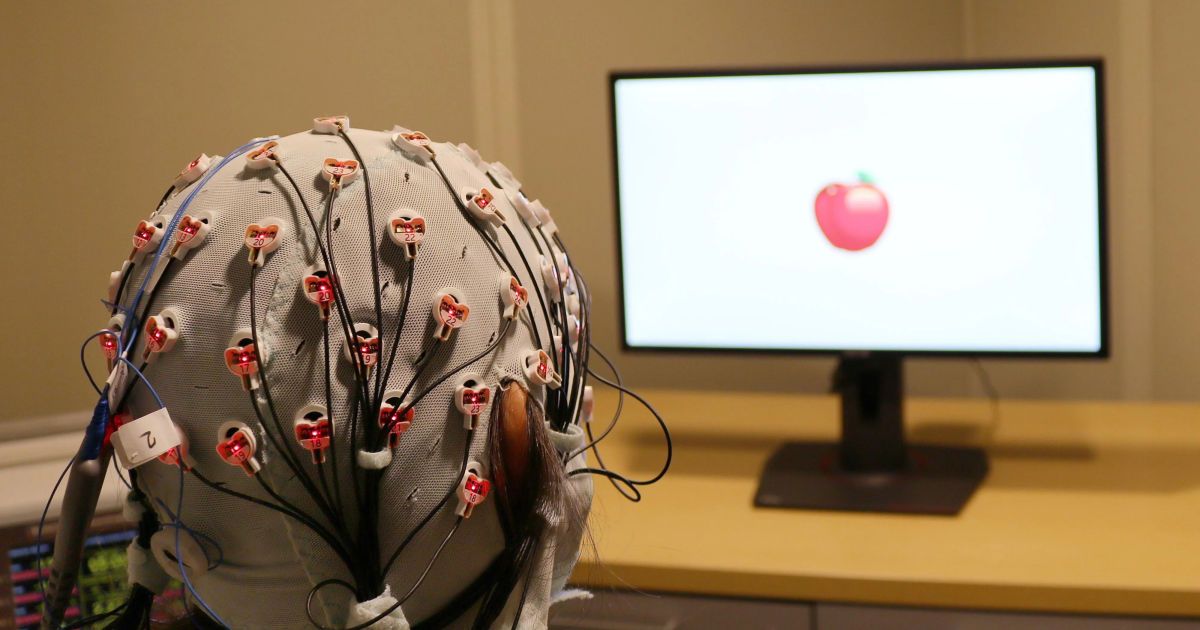Although there has long been speculation that our brains group daily events when we sleep, a new study demonstrates this process in action for the first time. The scientists were able to strengthen the memories of study participants during sleep by synchronously stimulating certain parts of their brain.
Writes about it USA Today.
All participants had severe epilepsy and agreed to participate in the study while under surveillance for possible seizures.
"There was a dominant theory about how the brain consolidates memories during sleep, which was assumed in the field but was not causally tested. This is a direct test of this theory," said Anna Shapiro, a professor of psychology at the University of Pennsylvania who was not involved in the study but called for similar tests.
Because events occur throughout the day, they are recorded in an area of the brain called the hippocampus. Then, during sleep, the brain consolidates and transmits these memories to another region called the neocortex, where they are stored for a long time. Once preserved, memories are more stable and can be recovered later.
"This study helps clarify how this process can occur," Shapiro said.
How was the study
Although we all do this every day, sleep hides many secrets. "A lot of things happen during sleep," said senior study author Yitzhak Fried, a neurosurgeon at the University of California, Los Angeles.
When treating patients with epilepsy, Fried often inserts electrodes into their brains and observes them for several days to determine the source of their seizures. While they are bored, waiting for attacks, he asks them to participate in his exploration of the work of memory.
Typically, he studied them in a state where they were awake, looking for how the brain transforms information when someone is trying to remember it. "Patients can tell us when they mention something," he said.
For this study, published in Nature Neuroscience, he and his collaborators, including Maya Geva-Sagiv and Yuval Nir, tracked the brain activity of these patients during the deepest phase of sleep, when memories are thought to consolidate and persist.
Since the brain sends waves of different frequencies at this time, Fried decided to stimulate the corresponding areas synchronously, which he compared to a conductor directing an orchestra.
Before going to bed, participants were shown paired photos of famous celebrities and animals. When they were shown the images the next morning, those who received synchronized signals while they were sleeping were better able to remember which images they had seen the previous night.
Participants do not feel anything during stimulation.
The brain reproduces events during sleep, but not as they happened that day. "It needs to be more efficient," Fried said.
Why it matters
Sleep deprivation causes brain cells to work more slowly, Fried said, explaining why daytime function drops due to lack of sleep.
According to Fried, people with memory-related diseases, such as Alzheimer's and Parkinson's, often have disturbed sleep, which worsens the patient's condition.
Fried hopes that by better understanding the link between sleep and memory, scientists will one day be able to help people with memory disorders.
He compared the effect of stimulation to a hearing aid that amplifies sound to help people hear. "Basically, it would be interesting if you could boost the memory," he said.
In theory, this approach could also be used to identify a circuit in the brain that encodes horrific memories — such as war or violence — and use stimulation to erase or recode that memory.
Freed recently received a $7 million grant for a new study on whether artificial intelligence could help identify and strengthen certain memories in the brain.
Now brain stimulation technology requires a complex operation to implant electrodes deep into the brain, the researcher commented.
"If you make this technology more minimalistic, and then combine it with a tool for deep learning and artificial intelligence, you can create a very powerful system that can help people," said Fried.
Reference:The hippocampus is a very important memory structure with connections that differ for different types of memory. The size of the hippocampus in mental disorders affecting memory is less than normal, which makes it an important diagnostic criterion.
The neocortex is responsible for higher cognitive functions (speech, writing, problem solving), and also controls analytical and mathematical thinking.
Sleep deprivation is the lack or complete lack of satisfaction of the need for sleep. May occur as a result of sleep disorders, conscious choice, or forcedly, during torture and interrogation. Sleep deprivation is also sometimes used to treat depression.
Chronic sleep restriction can cause fatigue, daytime sleepiness, clumsiness, lead to weight gain, and generally negatively affect the brain and cognitive function.
Read also:
- Sleep after dinner: is it good for health
- Experts explained why people fly in their sleep: what to do when it happens
- What happens to a person who dies: scientists have made discoveries about the work of the brain
